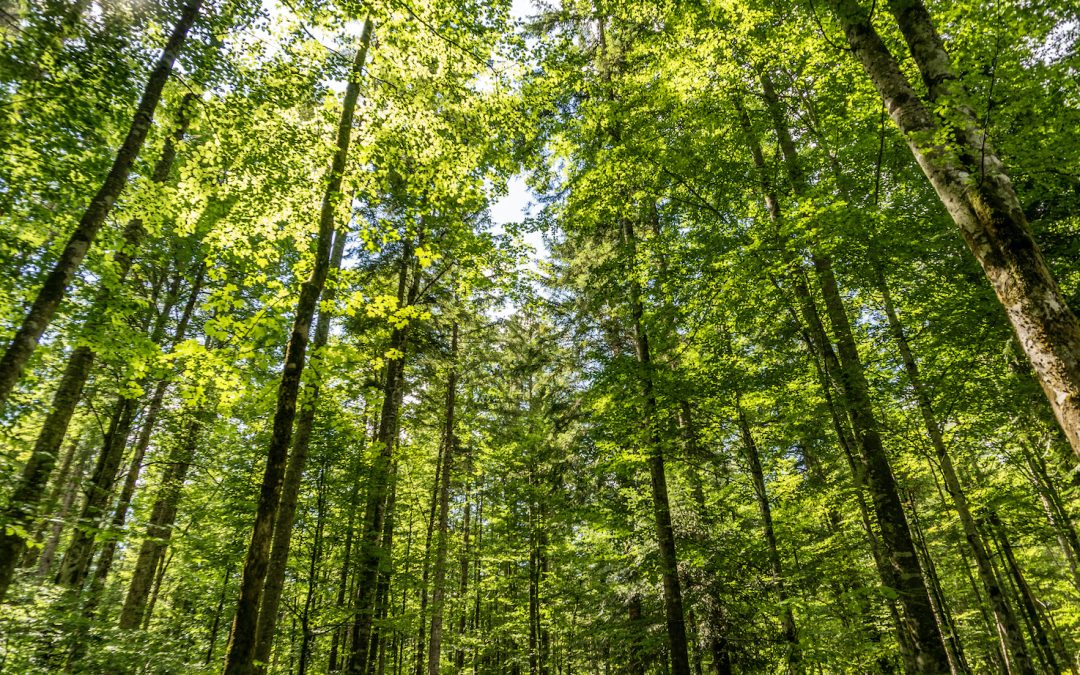Let’s be honest. The scale of the climate crisis can sometimes feel overwhelming. Our individual efforts – a reusable cup here, a bag-for-life there – can feel like a drop in the ocean. The UK government wants us to reduce carbon emissions by 78% by 2035. That’s just 12 years from now. If we’re going to stay motivated and take action, we need to believe that we can make a difference, as individuals and as businesses.
Acting on climate change in Liverpool
Thankfully, here in Liverpool we’re surrounded by people taking positive action. Take projects like Urbanscape, the community garden created on a fly tipping hotspot. Or the innovative Farm Urban, which grows produce with no pesticides and zero waste, and cuts food miles by making food deliveries by bike. Or Clean Air Crew, on a mission to educate children about how we can improve air quality. Or End Furniture Poverty, who reduce consumption and prevent waste by getting used furniture to people who desperately need it. (You can find more inspiring examples of climate-friendly projects in Liverpool here.)
Increasing our sustainability: our work with Eco-I North West
At JK Pallets, we want to play our part. Our business is built on principles of sustainability: we recover, repair, and recondition pallets that go on to be reused time and time again. We know that used pallets are more than cost-effective: they reduce demand for new timber, divert waste from landfill and promote the circular economy.
But we’re always looking for ways to reduce our impact on the environment still further.
This is why we’ve been working with Liverpool John Moores University and Eco-I North West, a region-wide project supporting green recovery and a low-carbon economy. Their Sustainable Business Model diagnostic tool has given us concrete actions to help us embed sustainability in everything we do.
What we’re doing to reduce our environmental impact
- We work with responsible partners who are actively looking to reduce their carbon footprint.
- We offset emissions by planting trees to replace the wood we use to repair broken pallets.
- We plan the routes our drivers take so that there are no wasted journeys. Whenever we can, we collect pallets on the way back from a delivery and we deliver to several customers on the same round. This reduces our fuel consumption and helps us make the most of every mile.
- We want to avoid adding to landfill, so we minimize the waste we produce when repairing pallets. We then collect and chip any wood that can’t be reused. These chippings are used as biomass – an energy source that can be carbon neutral and sustainable. We also recycle all plastic used on-site.
- We want our employees to commute sustainably whenever possible, so we signed up to the government’s Cycle to Work Scheme that lets people buy new bikes and accessories tax-free.
Our ambition doesn’t stop there. We’ll be sharing the creative ways we’re reducing our environmental impact and increasing our sustainability, so keep an eye on our socials.
What can I do to make my business more sustainable?
- If you’re a small or medium sized enterprise, you can benefit from Eco-I North West’s business support. Check your eligibility and contact them here.
- Explore Carbon Copy, a network of ‘Big-Thinking Local Climate Action’ inspiring businesses and community groups in Liverpool and across the UK.
- Look for ways to support Liverpool’s growing network of earth-friendly projects, like these furniture reuse centres.
And, of course,
- Choose used and get in touch if you’d like us to collect your used pallets and wood waste for reuse or recycling.

